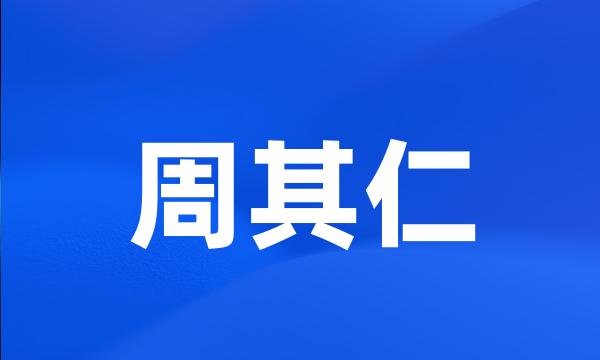周其仁
 周其仁
周其仁-
“这两年的挑战和冲突就是这么来的,”周其仁说。
" All challenges and conflicts came from this issue . " Zhou said .
-
“在某种程度上,汇率制度变成了中国的发钞制度,”周其仁说。
" To some extent , the exchange rate system has become a note-issuing system in China . " Zhou said .
-
周其仁认为,可通过两个角度认识通胀,一个是物价角度,一个是货币角度。
Zhou believes that inflation can be interpreted from two perspectives : one is price of goods , and the other currency .
-
周其仁给我看两本我自己的书:《中国的前途》(一九八五)与《再论中国》(一九八六)。
Zhou Qiren showed me two books of mine , the collections of essays The Future of China ( 1985 ) and On China Again ( 1986 ) .
-
周其仁认为,本质上是要通过财政解决,“把真金白银放进去”,而不要用基础货币。
In Zhou 's view , inflation can be fundamentally tackled by fiscal means and we should " put real money in the market ", not base money .
-
而要解决这个问题,不是要让人民币大幅升值,而是要改制度。周其仁认为,本质上是要通过财政解决,“把真金白银放进去”,而不要用基础货币。
In Zhou 's view , inflation can be fundamentally tackled by fiscal means and we should " put real money in the market , " not base money .
-
周其仁认为,在1995年《中国人民银行法》通过前,央行超发货币的主要原因,就是央行常常被迫向财政透支。
In Zhou 's view , before the passage of the Law of People 's Bank of China " in 1995 , the major reason for the central bank to issue excess currency was that the central bank often ran fiscal deficit .
-
“这说明,不论是什么制度,货币和物价的联系是很稳定的,这为我们今天如何处理通胀提供了思路,”周其仁说。
Zhou said , " This has demonstrated that no matter what system we have adopted , either capitalism or socialism , the link between currency and prices of goods is very stable , which provides us with the idea to combat inflation today . "
-
而周其仁逻辑严密的推理,则引出一个重要的问题:如果政府的两个目标(促进出口和抑制通胀)的实现手段发生冲突,应该如何抉择,应当将哪些利益、或者哪些群体的利益置于优先考虑地位?
Zhou 's logical reasoning has raised an important issue : If the government 's two goals ( export promotion and inflation curb ) are contradictory , how can we make a choice ? What aspects or whose benefits should be put in priority ? That is the biggest problem we need to think about from Zhou 's speech .
